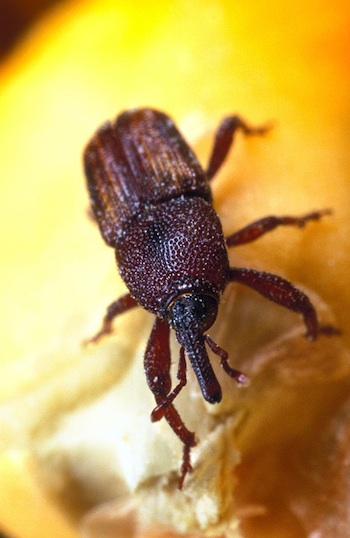 CAES News
CAES News
Kernel Killers
For Georgia corn producers, chances of an insect infestation in grain storage are much higher in late summer or early fall. A University of Georgia entomologist says keeping corn cool and dry is the key to keeping weevil away.

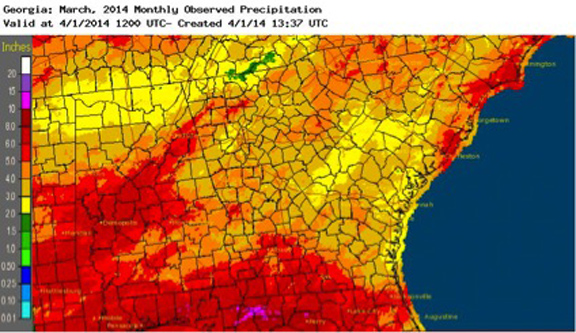
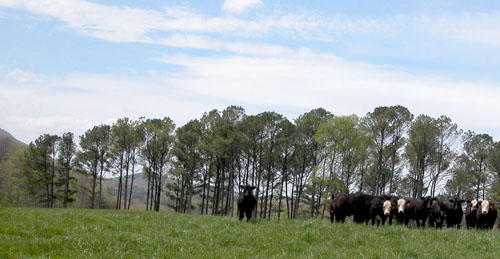
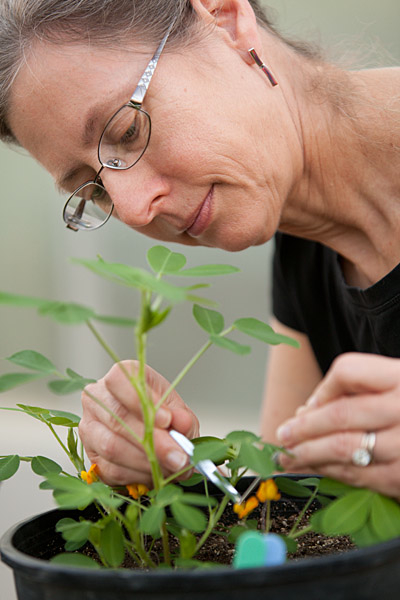
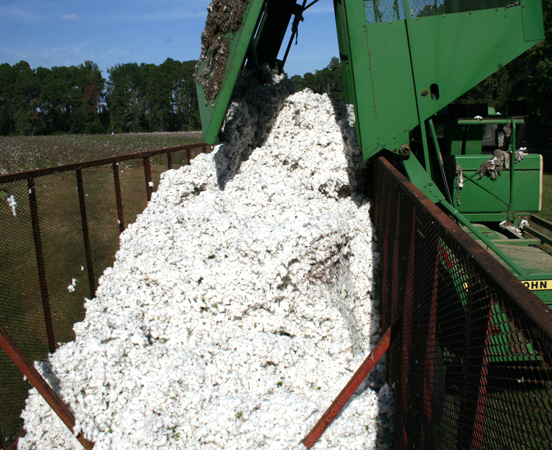
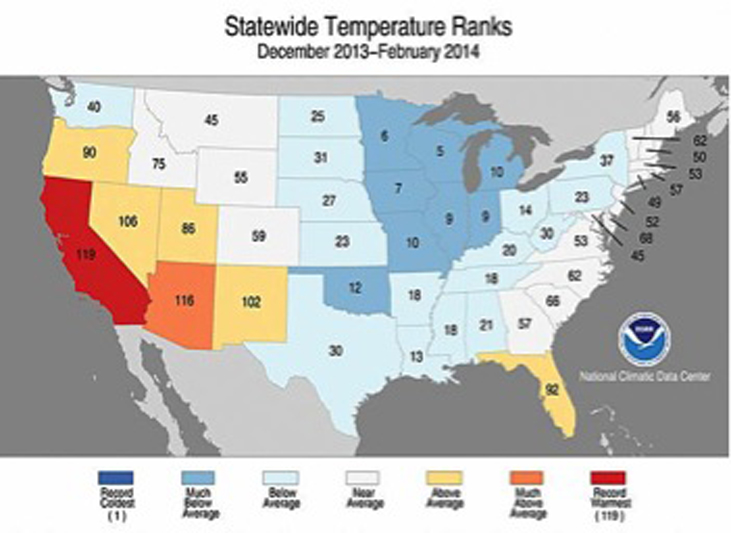
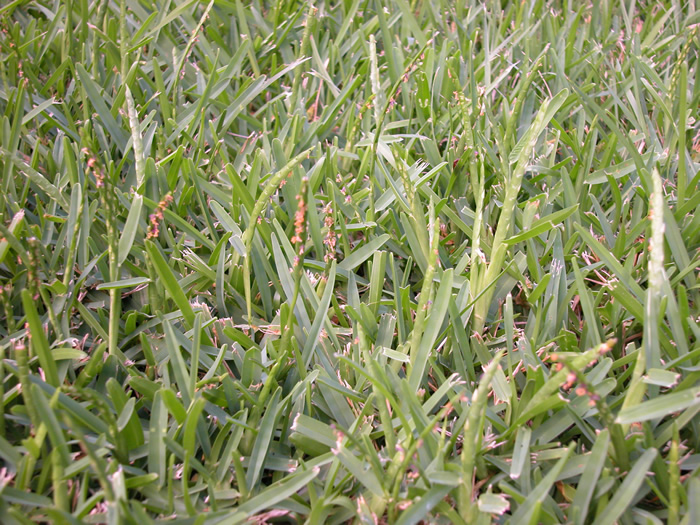
__variety.jpg)